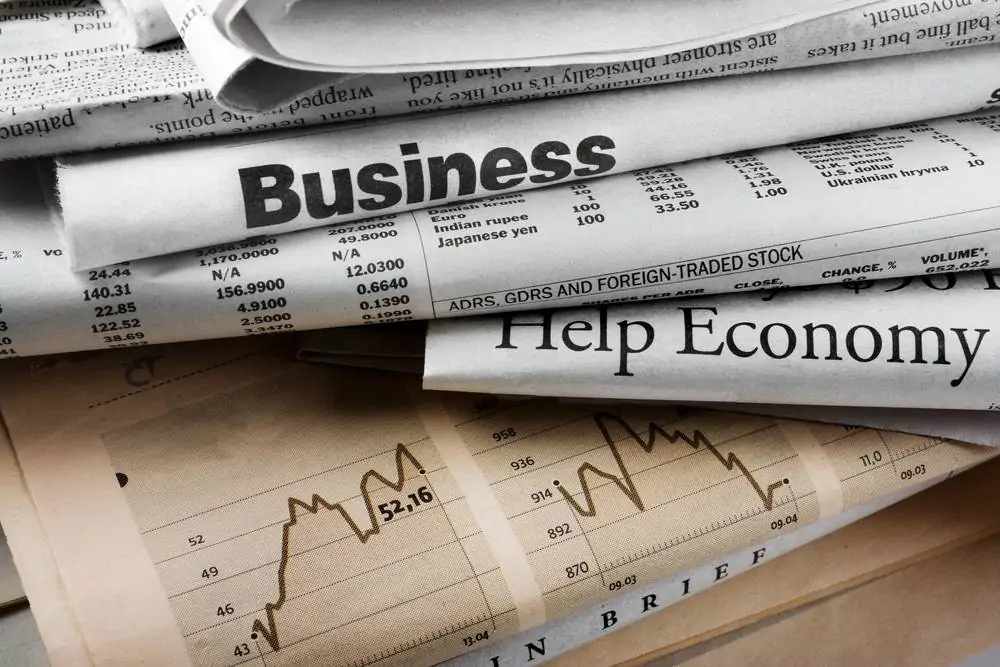The Role of Social Media in Journalism
In the constantly changing field of writing, social media has become a major force that has changed how news is spread, read, and interacted with. The addition of social networks has not only sped up the flow of information but has also created new ways to tell stories and get people involved. This blog goes into great detail about how important social media is to journalism.
What is Social Media?
Social media encompasses a range of online platforms that facilitate the creation and sharing of information, ideas, and content in virtual communities. It facilitates real-time communication, fostering connections and networking among individuals, communities, and businesses worldwide.
Read Also: How to Write a Feature Article: A Step-by-Step Guide
Role of Social Media in Journalism
Social media has transformed journalism, serving as a powerful tool for dissemination, engagement, and information gathering. It provides journalists with unprecedented access to global audiences and real-time updates.
How Can Journalists Use Social Media to Their Advantage?
Do you want free career counseling?
Ignite Your Ambitions- Seize the Opportunity for a Free Career Counseling Session.
- 30+ Years in Education
- 250+ Faculties
- 30K+ Alumni Network
- 10th in World Ranking
- 1000+ Celebrity
- 120+ Countries Students Enrolled
Journalists can harness social media to find and report on stories, promote their work, engage with their audience, build relationships with sources, verify information, and operate ethically and responsibly.
Read Also: How Fact Checking Is Strengthening Trust In News Reporting
Here are the following advantages of social Media in journalism :-
Book Now →
Engage with Your Audience
Building a sense of community is essential in today’s journalism landscape. Responding promptly to comments, questions, and direct inquiries fosters a strong connection with the audience. Platforms like Instagram offer interactive features such as live Q&A sessions, providing journalists a unique opportunity to engage with their audience and strengthen the bond directly.
Read Also: The Ever-Evolving World Of Journalism: Unveiling Truths and Shaping Perspectives
Build Relationships with Sources
Social media platforms provide a direct channel to connect with industry leaders, experts, and potential sources. By following and engaging with key figures, journalists can establish valuable relationships. For example, interacting with government officials via Twitter not only builds trust but also opens avenues for collaboration and information sharing.
Do you want free career counseling?
Ignite Your Ambitions- Seize the Opportunity for a Free Career Counseling Session.Verify Information
In the era of instant information, verifying facts is crucial. Journalists can use social media responsibly by cross-referencing information from multiple reliable sources. Confirming breaking news through official statements and trustworthy news outlets ensures accuracy, upholding journalistic integrity.
Ethically and Responsibly
Maintaining ethical standards is paramount. Journalists should exercise caution, especially when handling sensitive information. During crisis situations, prioritizing accuracy over speed and refraining from sharing unverified content is essential to uphold credibility and public trust.
Read Also: What is The Difference Between A Journalist and A Reporter?
Benefits of Using Social Media for Journalism:
- Discovering Stories: Websites such as Twitter are a veritable treasure mine of breaking news and subjects that are currently trending.
- Fostering Community and Trust: Direct involvement with the audience helps to create a feeling of community and trust, which is essential for audience engagement.
- Constructing Sources: The use of social media makes it easier to establish contacts with possible sources and specialists.
- Navigating the Information Landscape: The verification of information involves comparing and contrasting data obtained from a variety of sources to confirm its correctness.
- Global Reach: Reaching a Global Audience Journalists have the ability to disseminate their work to a large and varied audience
Challenges of Using Social Media for Journalism:
- Misinformation: Sorting through the noise to find credible information can be challenging.
- Ethical Dilemmas: Balancing speed with accuracy and maintaining objectivity.
- Information Overload: The sheer volume of data on social media requires efficient filtering.
- Security Concerns: Protecting sources and ensuring the safety of journalists.
Read Also: Top 5 Strategies for Long-Term Success in Journalism Careers
Conclusion:
In conclusion, navigating the social media landscape requires a strategic approach for journalists to effectively find, report, and engage with their audience. By incorporating these practices into their daily routine, journalists can harness the full potential of social media, contributing to a more informed, connected, and responsible journalism community. This blog has illuminated how journalists can strategically use social media—whether to discover stories, engage audiences, or build ethical relationships. The benefits are immense, from global reach to real-time updates. Yet, challenges exist, from misinformation to ethical dilemmas. In this dynamic landscape, AAFT (Asian Academy of Film and Television) stands as a guiding light, offering courses that equip aspiring journalists with the skills to navigate this evolving terrain. As social media continues to redefine journalism, AAFT ensures that its students not only adapt but lead in shaping the future of storytelling.
Faq
What are the best social media platforms for journalists?
The best social media platforms for journalists will vary depending on their specific needs and goals. However, some popular options include Twitter, Facebook, Instagram, YouTube, and LinkedIn.
How can I use social media to find and report on stories?
You can use social media to find and report on stories in a variety of ways. For example, you can use social media to monitor breaking news, to connect with sources, and to gather information from the public.
How can I use social media to promote my work?
You can use social media to promote your work by sharing your articles, videos, and other content with your followers. You can also use social media to run contests and giveaways and to interact with your audience in other ways.
How can I use social media to engage with my audience?
You can use social media to engage with your audience by responding to their comments and questions, by asking them questions, and by running polls and surveys. You can also use social media to share behind-the-scenes content and to give your followers a glimpse of your life as a journalist.
How can I use social media to build relationships with sources?
You can use social media to build relationships with sources by following them, by engaging with their content, and by reaching out to them directly. You can also use social media to share their work and to promote their expertise.

Aaditya Kanchan is a skilled Content Writer and Digital Marketer with experience of 5+ years and a focus on diverse subjects and content like Journalism, Digital Marketing, Law and sports etc. He also has a special interest in photography, videography, and retention marketing. Aaditya writes in simple language where complex information can be delivered to the audience in a creative way.








